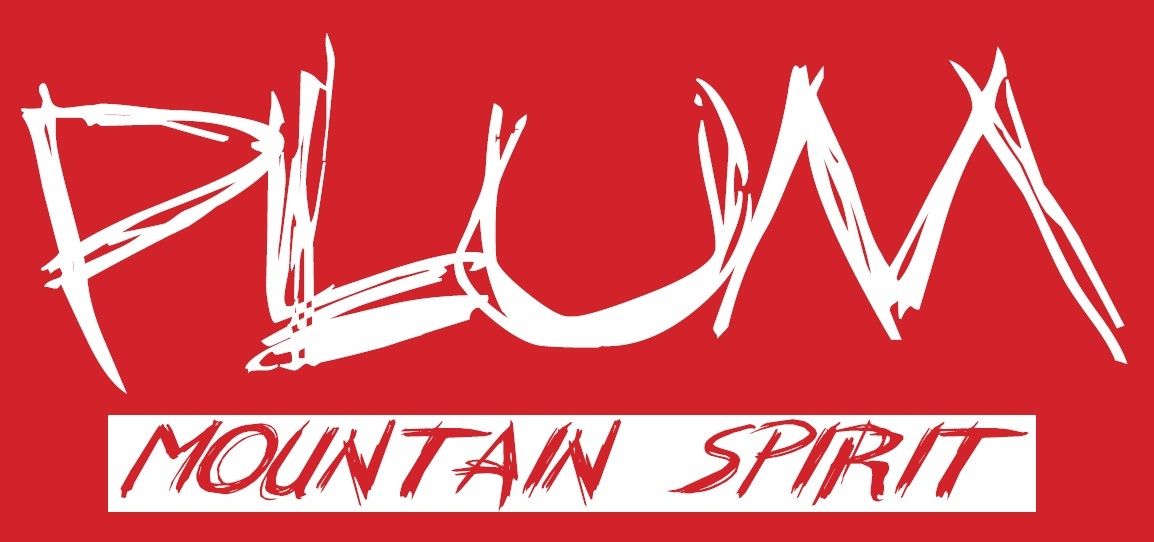Lessons 2010
 Saturday, August 21, 2010 at 10:53AM
Saturday, August 21, 2010 at 10:53AM My post-season is well underway now having transitioned from semi-neurotic, schedule-intensive cycling training to a more free-form multi-sport routine. I've been in the weight room three weeks now and the shell-shock soreness is mostly gone. I've done a few long hikes and even took three friends up Teewinot last weekend. The 5,500 feet of descending had my quads complaining some the next day but two hours of easy riding on the bike felt fine. I'm five pounds heavier now than I was a month ago but I'm enjoying getting my upper body strong again. It's been almost two and a half years since I strengthened anything but my legs. In general, I think the break from heavy upper body weight training has been good for me. It was nice not being sore all the time and dealing with all the little dings in my shoulders and back. But with that rest comes the kind of deconditioning that makes us easier to kill and less resistant to the effects of aging. I'm 49 now and I refuse to go down without a fight!
With the end of another season of bike racing comes the usual self-examination and critique of preparation and performance. Performance-wise it was a mixed bag of lack-luster climbing and fast finishes. Compared to last year, I did not climb with the best 10% of my peers. I will never be accused of being a great climber but when in form, I can keep up with all but the most svelte specialists which allows me to make most of the selections in hilly road races. Not this year. I typically found myself in the "best of the rest" position when climbs were longer than a couple of miles. There is nothing worse than getting popped off the back of the lead group only to look behind and see no one else. Very frustrating and the repeated experience shines a bright light on the holes in my preparation. On the other hand, when the finish line approached, my acceleration proved more than adequate to stay ahead of most and I even won a few events. This, then, reflects the emphasis of the bulk of my preparation. I basically got what I deserved.
Hill? What hill?
Not really sure why things were so different this year training-wise. I suppose knowing that LOTOJA was not looming at the end of the season allowed me to de-emphasize big miles. But with the lack of regular long rides also came a lack of adequate climbing miles. The difference was shocking, really, and demoralizing. I used to look forward to races with lots of climbing but I found myself dreading them this year. Initially, the long climbing days were hard to get because the weather was so foul for so long. I had a few great climbing workouts on some of the shorter pitches in the area but never got the kind of long, tempo efforts that produce quality sustained efforts in competition. Telltale is the fact that I never, no, not once, went over Teton Pass this season. What??? Yeah, that's right. Something I typically did at least once a week last year is absent from my training log this season. And with that also went ascents of the other choice climbs on the Idaho side of the Pass - namely, Pine Creek and Targhee. Actually, I did climb Targhee twice in one day this year but not without DRIVING over the Pass first and AFTER my season was over. Doesn't really count then does it? Let's face it, expecting to climb well in races without training for it is a bit like expecting to make money in the stock market without actually investing any money first.
Picking up heavy stuff
I stayed in the weight room this year throughout the season, avoiding my weekly workout only on a couple of weeks leading to key events. I'm a big fan of high threshold motor unit recruitment and the only way to do that is to lift heavy shit. I'm talking squats and dead lifts. It is nearly impossible to stimulate these muscle fibers with cycling alone and the demands of a low rep, high weight lifting program do this nicely. I realize that there are few traditional cycling coaches advocating this sort of training but they are old school and missing the boat, in my opinion. I will admit that if time is limited then getting on-the-bike hours should take precedence over any other type of training. However, when mileage is adequate, sprinting power can be improved with a once or twice weekly gym session. This idea is not only for over-the-hill masters racers like your's truly. There is at least one highly paid, very successful professional doing this very training throughout his season. Works for him. It can work for you.
The key here is to keep the stimulation high while the volume stays low. By minding this detail, you will still have plenty of juice for the bike sessions. I also simplified things, choosing to do trap bar dead lifts instead of squats. This movement combines both movements in a way that, I feel, crosses over to cycling appropriately. The downside is that this kind of stimulation may cause some retention of lean tissue in places like your back and traps. Some athletes may not appreciate the extra beef when climbing. Keeping the volume low can minimize this effect. The increase in power and speed may make the trade off worth it. You be the judge. But first, you have to stop being such a weakling!
All that's gluten-free is not gold
As a sympathetic nod towards my wife's efforts at uncovering some of her food sensitivities, I gave the whole gluten-free thing a test drive this summer. The idea of it appealed to the paleo diet side of me. Certainly you hear of people who started feel better (however one defines that) after they cut out wheat and other gluten-containing grains. The whole pro-inflammatory side of grains is too compelling for many to ignore, me included. However, as omnivores, many of us can eat these foods without any negative side effects. I'm probably one of those. However, being a lab rat, I gave it a good shot. It was a little annoying at first but then I started thriving on the deprivation aspect of it with an almost monastic self-satisfaction. I was not a zealot, however, obnoxiously preaching "the way". But I did stay true to my own experiment and explained away my dietary proclivities to others saying it was simply an experiment. As I pointed out in a previous post, unless one is very conscious of replacing these grain-based carbohydrates with alternatives, the diet can quickly devolve into a low-carb regime which then becomes the undoing of an endurance athlete.
And so it was with me. Insidiously, my training and race performance slowly crumbled until I was getting dropped on climbs and recovering poorly in stage races. I had reverted back to my old hybrid athlete-self focused on the protein content of meals rather than the carb content like any sensible endurance athlete should. Getting on the scale everyday to get my weight for my Restwise entry also had me more weight conscious than I needed to be. I started skimping on meals and avoiding foods that might have kept the tank topped off. Once the error was realized and after consulting with others who either experienced or witnessed similar implosions related to the gluten-free path, the high carb correction got me back on track to save the end of the season. But ultimately, several months of the regime probably cost me performance-wise and I will not make the mistake again.
Freezing my balls off!
At the end of last season I made a commitment to fully preparing for this past season right from the start. Living in Jackson it's hard to get early season miles on the bike but the relatively light snow year made this possible for those willing to brave the cold. As stupid as it sounds, I rolled into town following a couple of rides in February where the bank thermometer read 14 degrees! Yeah, I felt dedicated. And this was the pattern leading up to the first races. I got off the skis very early this year and, frankly, missed some good turns. On the other hand, if the sacrifice lead to improved performance in the early season races then it would have been worth it. However, my feeling was that it only lead to a mental burn out later in the year. I did not really perform any better in the first few events compared to how I did last season doing more skiing leading up to them. Next season, I will ski more and do shorter efforts on the trainer to help make the transition. Once the weather improves I will then make the full transition to cycling. Those foot bed heaters don't work that well anyway.
So, there will be some changes next season. Another year, another series of experiments. Another birthday and another year farther from my prime. I'll be 50 next season. The aging thing adds an interesting twist to performance. Back in the day, as a younger man, the next season was something to look forward to because I was always improving. I could build on the successes of the previous season and be even faster the next. After forty, however, if you are well-trained, the best you can hope for is to hold onto what you have. That said, I feel that I am still tweaking and even improving on the short burst power front. I'm stronger than I was 20 years ago so I still have some room to grow there. This quality is not dependent upon aerobic capacity so the age-related drop in VO2 is less important when it comes to finishing strong. Of course, I have to make it to the finish first, which can be a trick but, once there, I have the legs to finish in front of much younger guys. So, I got that going for me…which is nice. - Brian
 Brian |
Brian |  Post a Comment |
Post a Comment |  General
General 





Reader Comments